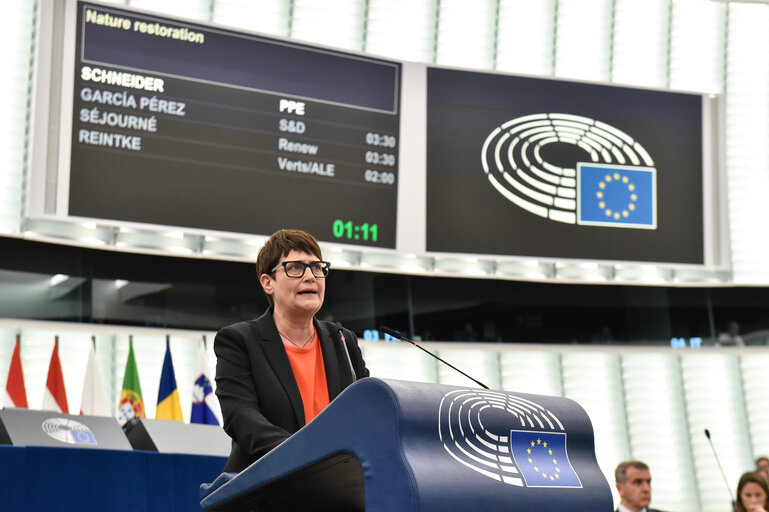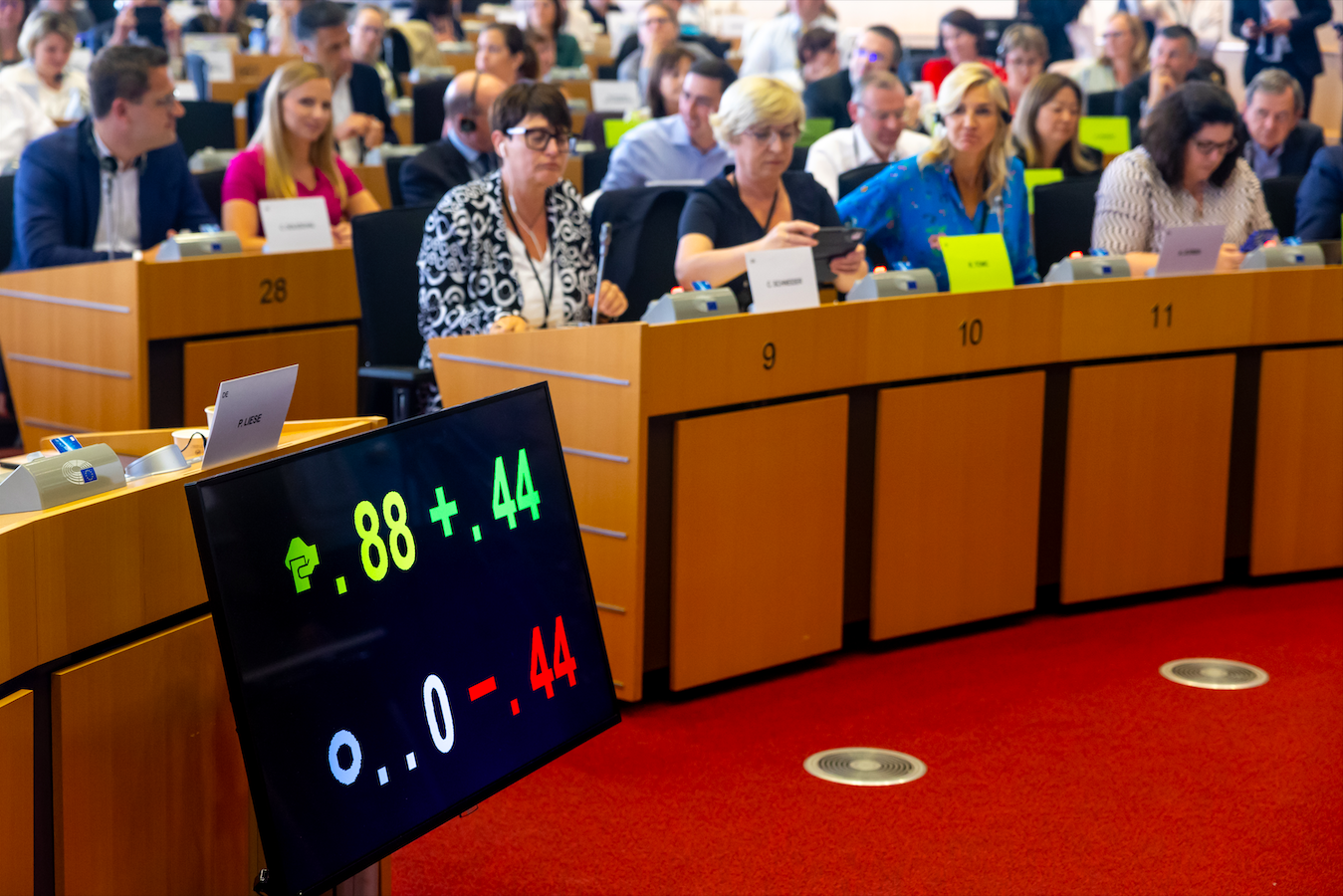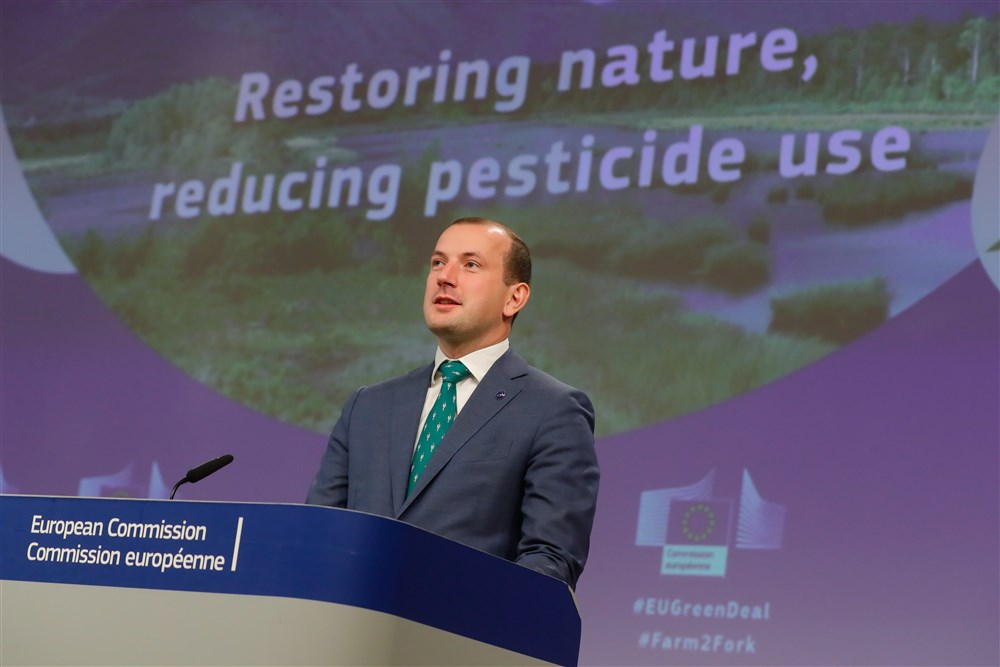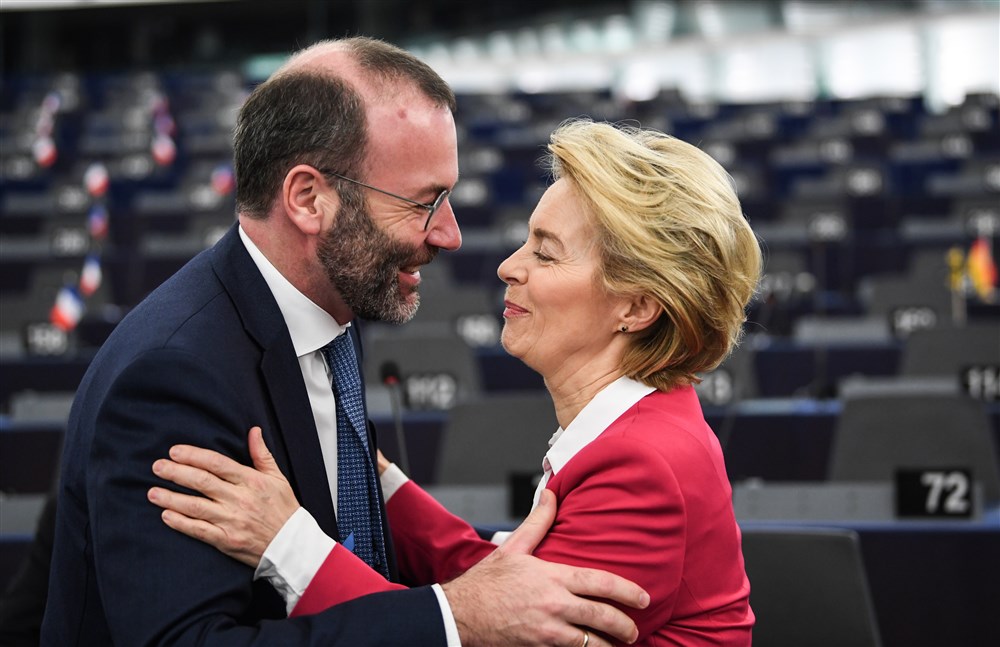The contentious European Union nature restoration law has been approved by the European Parliament with a razor-thin majority.
On July 12, amid cheers from the Left side of the Strasbourg Plenary hall, the bill was mandated by 12 votes.
✅ Yes! We pushed back EPP’s boycott of the #NatureRestorationLaw ✊
The majority of MEPs have not been deceived by EPP's half-truths. The misleading tactics of Manfred Weber have failed. The ?? Parliament must seize this chance to stand up for nature and biodiversity. pic.twitter.com/4XWx34cpzD
— S&D Group (@TheProgressives) July 12, 2023
Several MEPs could be seen signalling their commitment to the so-called ‘Green Deal’ by wearing plain white shirts with the words “RESTORE NATURE” printed across the front.
Speaking at a press conference afterwards, Luena revelled in the victory. “We can win, and we have won,” he announced, saying that the vote had been a huge success for the centre-left S&D Group, which he applauded for fighting for the law.
He also took time to thank young people, scientists and NGOs who had supported the left-wing effort to get the law accepted in the Parliament.
The Nature Restoration Law has been among the most controversial pieces of legislation tabled in the EU recently. Mainly intended to protect biodiversity and the long-term sustainability of farming, opponents argued its measures were too extreme and posed a serious threat to the bloc’s food production and its farmers.
It has also become a proxy for deeper splits between the Left and the Right that are polarising EU politics, ratcheting up tensions between them.
That could be seen in the votes on the amendments. Dragging on for the better part of an hour, there were repeated shouts of consternation and disapproval at being forced to vote electronically. European Parliament President Roberta Metsola appeared exhausted when the voting session finally came to a close.
Regarding compromises over the law, the centre-left and the centre-right seemed both vaguely dissatisfied and satisfied.
Luena said that there were a “couple of things I don’t like” that had been added into the final version of the legislation, in particular he pointed to one amendment that had been put forward by the Conservative ECR Group. However, he somewhat intriguingly resolved to “restrict some of the things that had come in”.
At an EPP press conference, Manfred Weber, the group’s chairman, seemed sanguine. “We have fought for our convictions, and we have come very close” he said, referring to the vote’s thin margin.
He also poked fun at the applause the law’s passage received, especially from the Green party. Highlighting that many key compromises had still been pushed through, such as a clause that allows for an “emergency brake” to be put on the legislation’s implementation if it is deemed too harmful to food prices, he said that end result was an “empty win” for the Greens.
That was echoed by the hard-left Irish MEP Mick Wallace. In a press release Wallace stated: “The text passed by Parliament today has been absolutely gutted. It’s a shell of the Commission’s proposal.”
As one journalist noted, the law had been the subject of a “harsh fight”.
Weber was insistent that the “machinery will continue” and that such “lively discussions” were positive as were “differences of opinion” in EU politics. But he did condemn the rhetoric that the Left had used against the EPP.
He said that when the Left is losing arguments, their last stand is to accuse the EPP of populism, or of being Trumpists.
“Stop this kind of campaigning,” he pleaded. “It is destroying common sense.”
Although the major vote has seen the law passed today, the fight continues. It will now be negotiated by representatives of the main EU institutions, after which it will subject to one final approval test in the European Parliament.
And if the that version of the law does not meet with the approval of either the Left or the Right, the fight will begin again.





